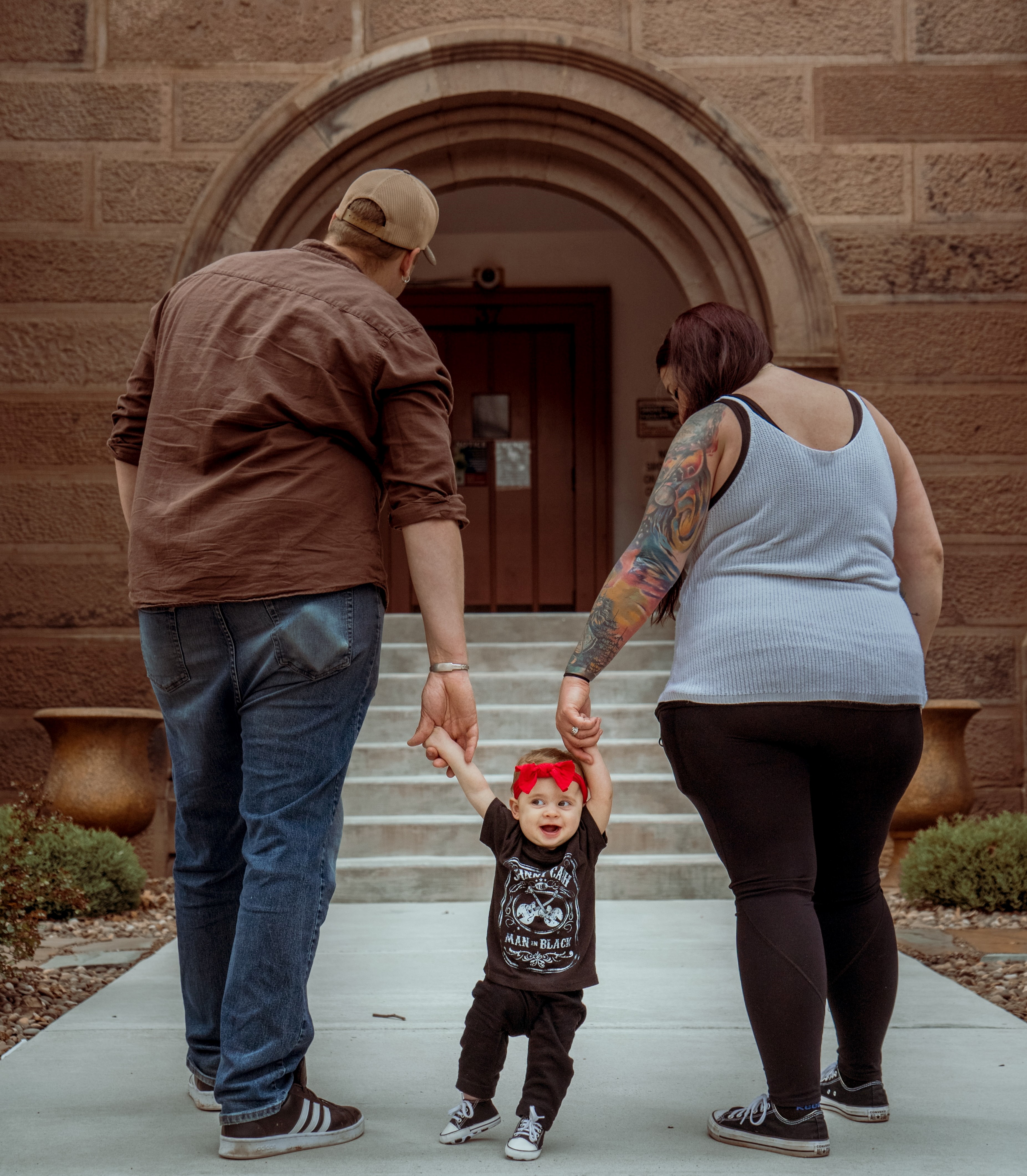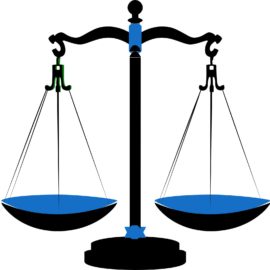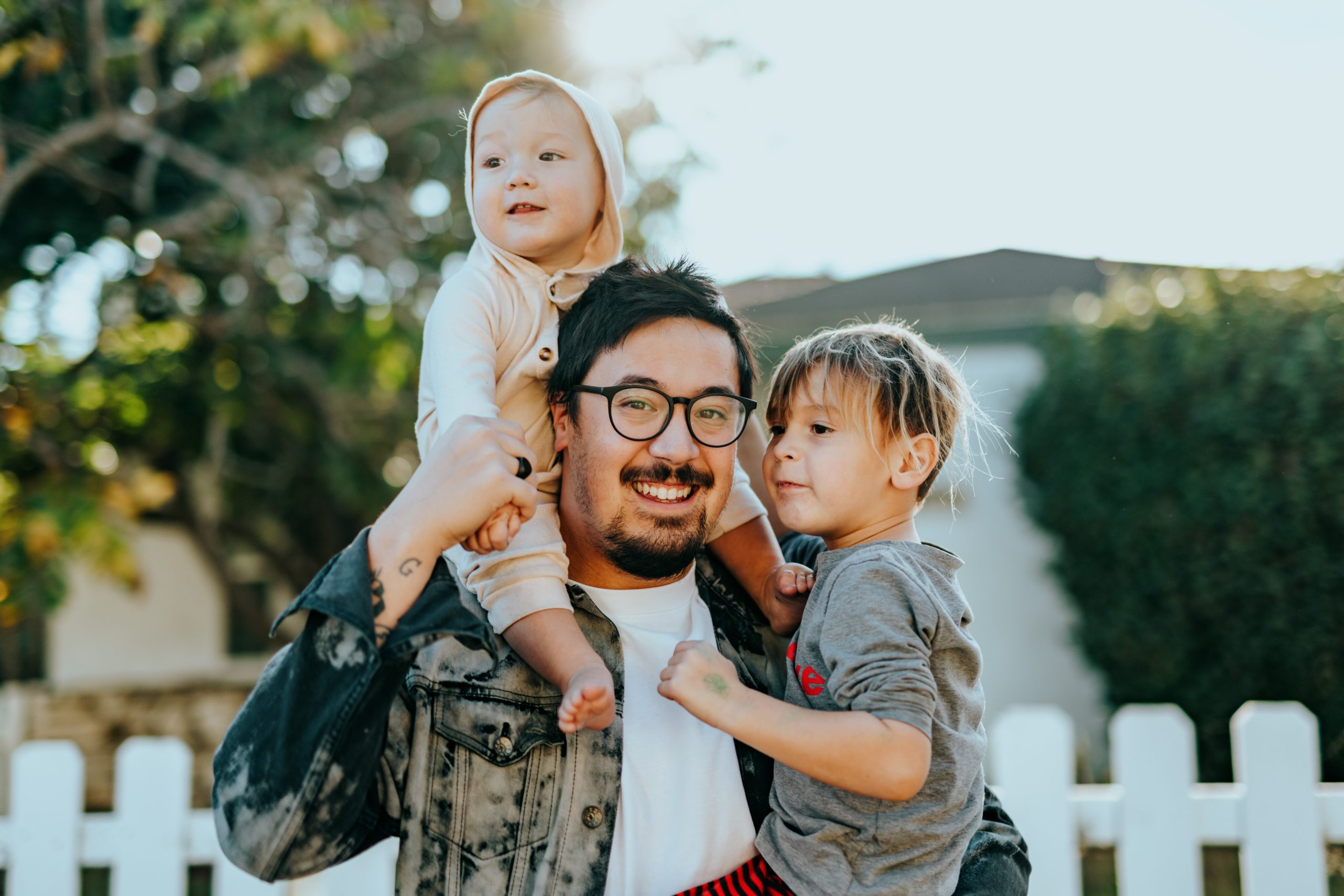Family & Youth Justice Programs, in partnership with the Capacity Building Center for Courts, presented the Washington Active and Reasonable Efforts Judicial Academy in the Spring of 2022. This two-day, virtual training was offered twice, first on March 31-April 1 and again, April 14-15, with a maximum registration of 16 judicial officers per day. This training was specifically designed for state court judicial officers who hear dependency cases and included numerous simulation mock decision-making exercises.
2021 Judicial Academy on Reimagining Justice in Child Welfare and Dependency Court

In 2021, FYJP offered an interactive, virtual judicial training series, “Reimagining Justice in Child Welfare and Dependency Court.” This training was intended for judicial officers and court administrators from Superior Court, the Court of Appeals and Tribal Courts. Topics covered included child safety inquiries, belonging and othering in courts, hope science, ICWA/active efforts, COVID-19 cour recovery, and trauma-responsive court practices.
Judicial Leadership Dependency Practice Tip

The role of the dependency court judge involves leadership responsibilities including on-the-bench judicial leadership via strong judicial oversight of cases and off-the-bench leadership which involves working with court, system, and community stakeholders to address the needs of the children and families who appear before the court.
WA Guide to Reasonable & Active Efforts

As part of the preparation for the WA Judicial Academy on Reasonable & Active Efforts, FYJP pulled together a group of state experts to create the “WA Guide on Reasonable & Active Efforts”. This new resource provides a comprehensive overview of the applicable RCW’s and case law that pertain to making reasonable and active efforts findings in Washington State.
Early Childhood Courts

Early Childhood Courts (ECC) address the root causes of dependency court system involvement through specialized dockets, multidisciplinary teams, and a strengths-based collaborative approach. Offering evidence-based treatment, judicial monitoring, and accountability, these courts provide individualized interventions for families with young children, thereby improving child safety and well-being.
What Can Juvenile & Family Courts Do to Reduce Trauma?
National Council of Juvenile and Family Court Judges





